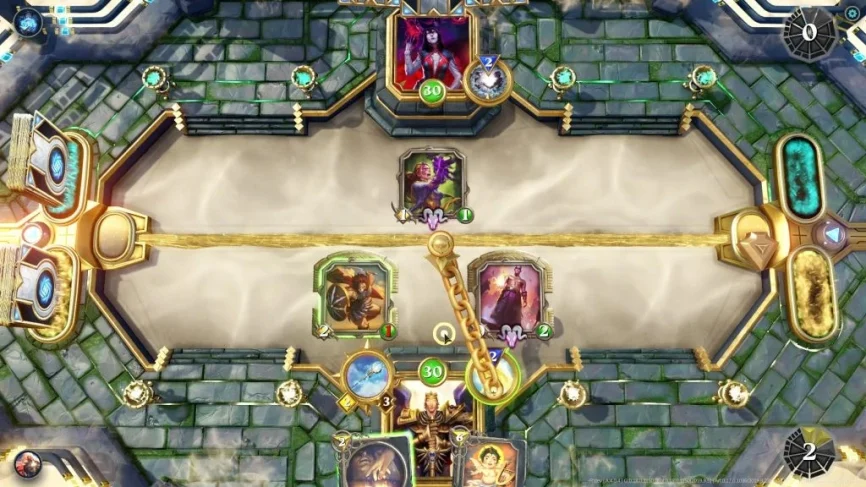Cupid's Hookup Guide
Unlock the secrets to modern dating with our insightful tips and advice.
Winning Streak: The Fun Side of Cryptocurrency Adoption in Gaming
Discover how cryptocurrency is reshaping gaming culture with fun, rewards, and excitement. Join the winning streak in gaming!
Unlocking the Fun: How Cryptocurrency is Revolutionizing the Gaming Experience
The integration of cryptocurrency into the gaming industry is reshaping how players interact with their favorite games. Traditionally, players have invested real money into in-game purchases without any tangible return. However, cryptocurrency empowers gamers by allowing them to truly own their in-game assets. Using blockchain technology, items such as skins, characters, and virtual real estate can be bought, sold, and traded across various platforms in a secure and transparent manner. This form of ownership not only enhances the gaming experience but also opens up exciting avenues for players to monetize their skills and investments.
Moreover, cryptocurrencies are encouraging the rise of decentralized gaming platforms, where developers and players have equal stakes in the gaming ecosystem. These platforms often incorporate play-to-earn models, rewarding gamers with cryptocurrency for completing tasks or achieving milestones. This innovative approach fosters a sense of community and engagement among players, as they can directly benefit from their contributions. As cryptocurrency continues to gain traction in the gaming world, it's clear that the future of gaming will be defined by enhanced player empowerment and new economic opportunities.

Counter Strike is a highly popular multiplayer first-person shooter game where players take on the roles of terrorists and counter-terrorists. The game focuses on team-based gameplay and strategic planning. To enhance your gaming experience, you can use a duelbits promo code for exciting bonuses and rewards.
The Joy of Play-to-Earn: How Gamers are Making Real Money with Crypto
The emergence of play-to-earn gaming has revolutionized the way gamers engage with their favorite hobbies, providing a unique avenue to earn actual income through cryptocurrency. This innovative model allows players to earn tangible rewards for their time and effort, transcending traditional gaming paradigms. In play-to-earn ecosystems, users can accumulate in-game assets, which often hold real-world value, and trade them on various platforms. As more gamers dive into this world, they find themselves not just playing for fun, but also for financial gain, turning their gaming skills into a significant revenue stream.
One of the key advantages of play-to-earn games is their ability to democratize wealth generation, especially in regions where traditional job opportunities are limited. Many players report earning a substantial income surpassing minimum wages by participating in these virtual economies. Moreover, the transparency of blockchain technology ensures secure transactions and ownership over virtual assets. As the trend continues to grow, many are left wondering: is gaming the future of work? With the rise of crypto and NFTs, it seems the joy of play is intricately woven into a new age of financial freedom.
Is Crypto the Future of Gaming? Exploring the Benefits and Challenges
The intersection of crypto and gaming has sparked significant interest in recent years, raising the question: Is crypto the future of gaming? As blockchain technology continues to advance, gamers can now own in-game assets in a way that was not previously possible. With cryptocurrency facilitating secure transactions, players can buy, sell, and trade their digital items across platforms, creating a more fluid and open economy. This level of ownership not only empowers players but also fosters a sense of community, as players can invest in the games they love. The potential for play-to-earn models further enhances the appeal, enabling gamers to earn real income through their participation and skill.
However, the integration of crypto into the gaming industry is not without its challenges. Issues such as volatility in cryptocurrency values, regulatory concerns, and the environmental impact of blockchain technology are significant hurdles that developers need to address. Additionally, the current level of understanding and acceptance among gamers can vary widely, with some expressing skepticism about NFTs and blockchain gaming. Ultimately, while the prospect of a crypto-based gaming future is promising, successful implementation will require careful navigation of these challenges to ensure a sustainable and inclusive gaming ecosystem.